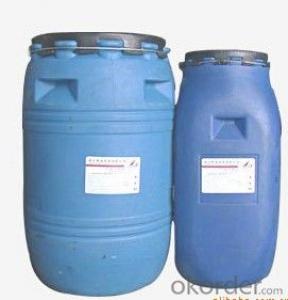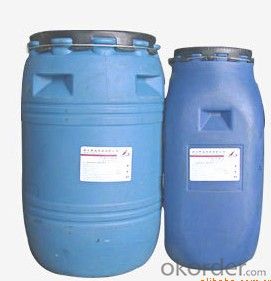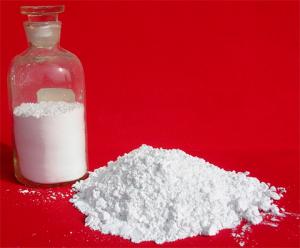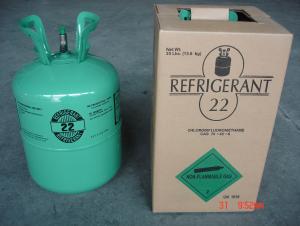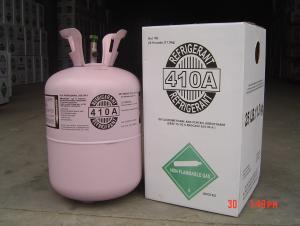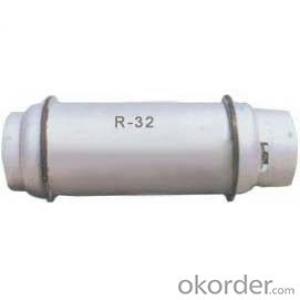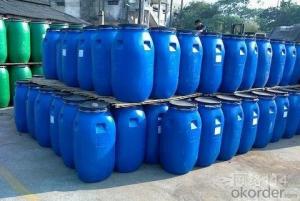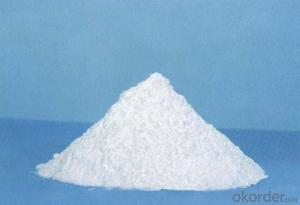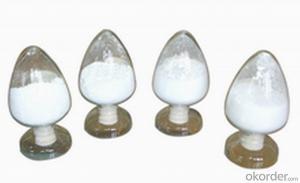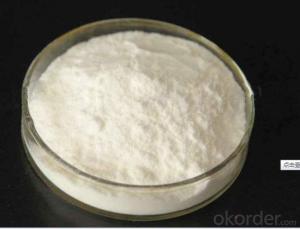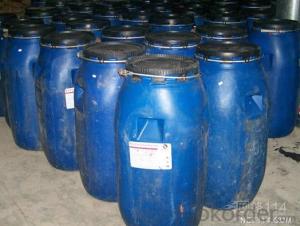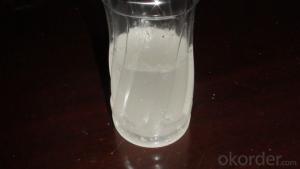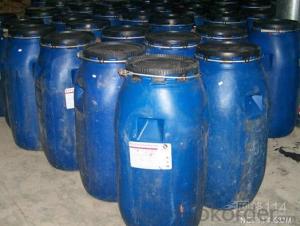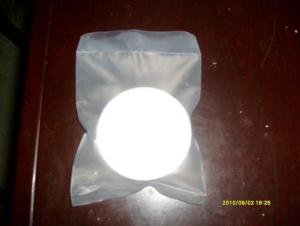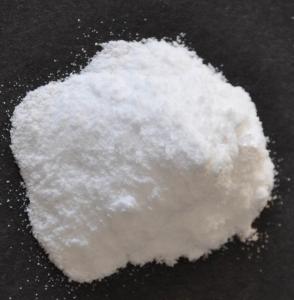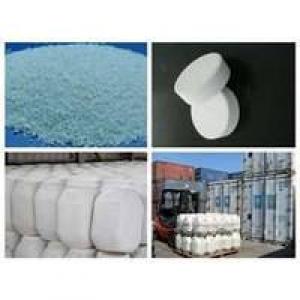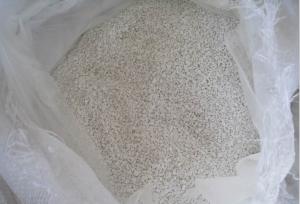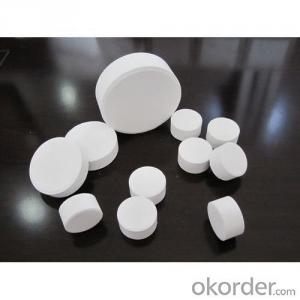Disodium laureth sulfosuccinate
- Loading Port:
- China Main Port
- Payment Terms:
- TT OR LC
- Min Order Qty:
- -
- Supply Capability:
- -
OKorder Service Pledge
Quality Product, Order Online Tracking, Timely Delivery
OKorder Financial Service
Credit Rating, Credit Services, Credit Purchasing
You Might Also Like
Specifications
Disodium laureth sulfosuccinate (MES)
Cas no.:040754-59-4
- Q: The role of sugar in the human body?
- Saving protein: We all know that the energy required by the body is mainly supplied by glycogen, and if the glycogen is sufficient, it will not lead to protein breakdown, and if the body's sugar is lacking, the protein will decompose for energy, so that the protein in the body will be lost.
- Q: Compare the difference between London smoke and Los Angeles photochemical smog
- Los Angeles photochemical smog nitrogen content and hydrocarbons and derivatives more, mainly close to the car exhaust. Foggy London situation related to coal, soot solid particles and sulfur oxide more. Foggy London is more bleak, and Los Angeles is more toxic.
- Q: Will AsH3 (arsenic trioxide) is organic or inorganic
- Organic matter refers to carbon-containing compounds, or hydrocarbons and their derivatives are collectively referred to as organic compounds.
- Q: Hydrocarbons and hydrocarbon derivatives are not all non-electrolytes
- Hydrocarbons are, derivatives are not necessarily, such as organic acids (formic acid, acetic acid, etc.)
- Q: Are hydrocarbons all organic?
- The organic matter is an abbreviation of an organic compound and refers to a compound containing a carbon (C) element (a carbon-containing oxide such as CO.CO2 and a carbonate and bicarbonate-containing compound such as CaCO3.NaHCO3, a metal carbide such as CaC2 , Cyanide, etc.), simply say that most of the carbon-containing compounds and their derivatives of all elements and their compounds, while carbonates, carbonates, bicarbonates and other compounds, although the hydrocarbon is inorganic.
- Q: Inorganic chemistry employment direction? Current research direction
- Inorganic chemistry is the science of the composition, nature, structure and reaction of inorganic matter, which is the oldest branch of chemistry. Inorganic substances include all chemical elements and their compounds, except for most of the carbon compounds. (In addition to carbon dioxide, carbon monoxide, carbon disulfide, carbonates and other simple carbon compounds are still inorganic substances, the rest are organic matter.)
- Q: Organic chemistry, carboxylic acid derivatives are not acid?
- Your premise is in organic chemistry, the corresponding is the organic carboxylic acid. The most common derivatives of organic carboxylic acids are esters, acid chlorides, amides, and carboxylates. They are no longer part of the carboxylic acid because the dissociable protons that characterize the glycolic acid have been replaced by other groups and no longer have acid properties.
- Q: What are the nature of sugar
- Carbohydrate compounds are the main source of energy required for all living organisms to sustain life activities. It is not only nutritious, but also some have special physiological activity. For example: liver heparin has anticoagulant effect; blood type of sugar and immune activity. In addition, the nucleic acid composition also contains carbohydrate-ribose and deoxyribose. Therefore, the carbohydrate compounds for medicine, has a more important significance.
- Q: Is grease a polymer compound? Is it a derivative of saturated hydrocarbons?
- Not a polymer can not be considered a saturated hydrocarbon derivatives. Natural oils contain unsaturated structures
- Q: Why does the hydrocarbon derivative make the bromine water fade and the hydrocarbon can not
- As long as carbon and carbon double bonds and three hydrocarbons can be hydrocarbons
Send your message to us
Disodium laureth sulfosuccinate
- Loading Port:
- China Main Port
- Payment Terms:
- TT OR LC
- Min Order Qty:
- -
- Supply Capability:
- -
OKorder Service Pledge
Quality Product, Order Online Tracking, Timely Delivery
OKorder Financial Service
Credit Rating, Credit Services, Credit Purchasing
Similar products
Hot products
Hot Searches
